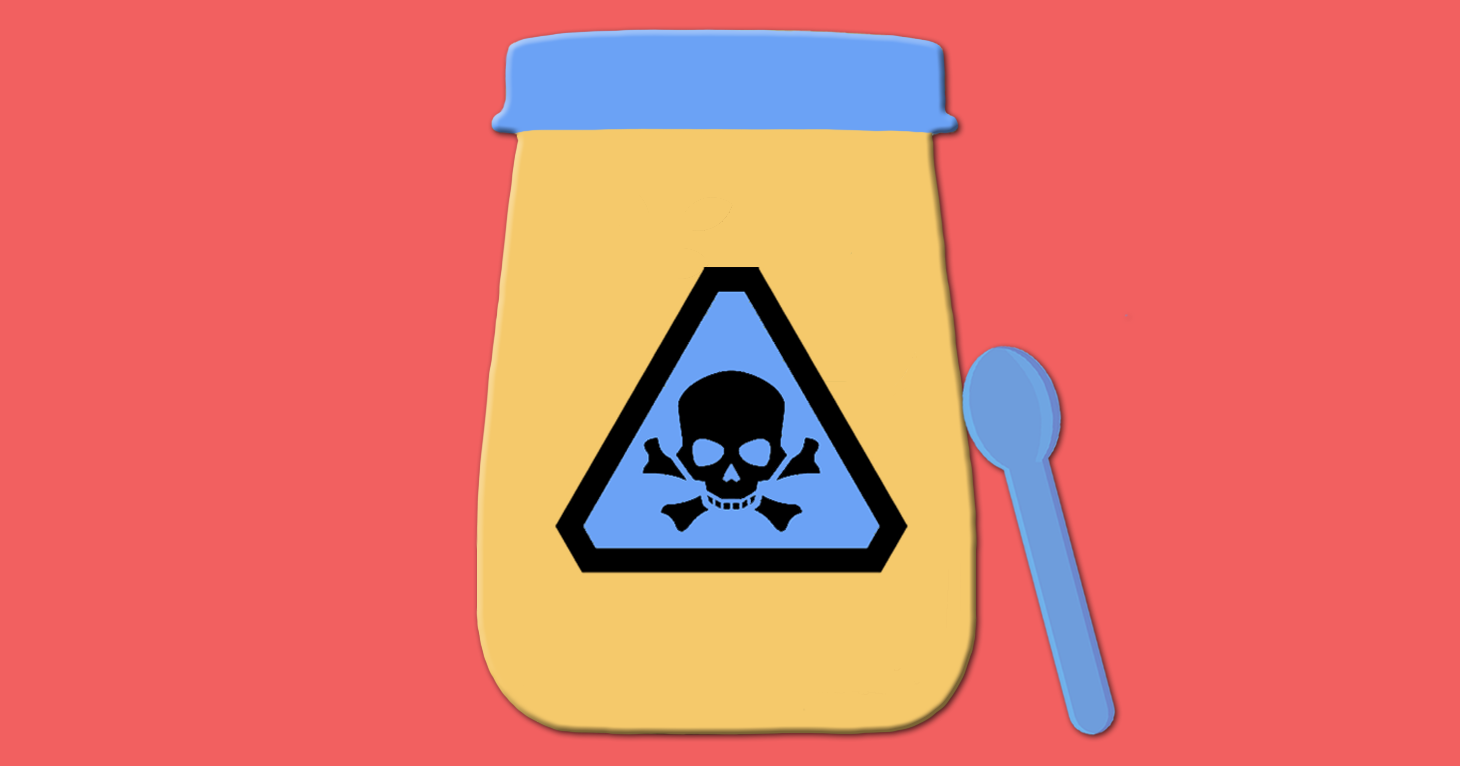
CATrends: What the Fudge?
Lawsuits allege brownie brands and others lack the essential dairy ingredients to call their products fudge.
Surge in class-action lawsuits follows congressional report.
|
UPDATE 5/14/21: The FDA has announced an action plan called “Closer to Zero,” which the agency says is aimed at reducing toxic elements in baby food to the “lowest levels possible.” Our original article follows.
There’s nothing like a congressional report to spark a deceptive marketing class-action lawsuit trend, or what we at TINA.org like to call a CATrend.
It hasn’t even been two months since a House subcommittee released a report on Feb. 4 that found baby foods tainted with dangerous levels of arsenic, lead, cadmium and mercury far exceeding federal limits for drinking water. Yet more than 50 class-action lawsuits have already been filed alleging that popular baby food brands such as Gerber and Beech-Nut fail to disclose that their products contain these toxic heavy metals, which the lawsuits allege can be harmful to the developing brain.
Gerber and Beech-Nut were among the four baby food brands that responded to the House subcommittee’s request for internal company documents and test results; the two others were Nurture (Happy Family Organics) and Hain Celestial (Earth’s Best Organic). These records revealed, among other things, that the products contain more heavy metals than the FDA and EPA allow in drinking water – up to 91 times more arsenic, 177 times more lead, 69 times more cadmium and 5 times more mercury.
Three baby food brands refused to cooperate with the subcommittee’s investigation, the report said. Those companies and brands were Walmart (Parent’s Choice), Campbell (Plum Organics) and Sprout Foods. “The Subcommittee is greatly concerned that their lack of cooperation might be obscuring the presence of even higher levels of toxic heavy metals in their baby food products than their competitors’ products,” the report warned.
All seven baby food brands are currently facing class-action litigation.
A March 2021 complaint against Beech-Nut – whose internal standards allowed the highest levels of heavy metals among the four responding companies, according to the report – alleges:
Defendant’s Products tout the simple nutritious ingredients they purportedly contain, while omitting any reference to the dangerous levels of heavy metals they also contain. Defendant knows that consumers expect to purchase baby foods that will not cause harm or risk of harm, and that assurances of quality induce them to pay more than they otherwise would.
Some of the class-action complaints also claim that baby food companies misleadingly market products as organic when they contain inorganic arsenic. On March 8, plaintiffs filed a motion to transfer many of the baby food class actions to one court so that they can be heard together as part of a multidistrict litigation.
What’s next
“The time is now for FDA to determine whether there is any safe exposure level for babies to inorganic arsenic, lead, cadmium and mercury, to require manufacturers to meet those levels, and to inform consumers through labels,” the congressional report concluded.
A month after the report was released, the FDA announced that it will issue guidance setting standards for heavy metals in baby foods but noted that these elements are “unavoidable in the general food supply” because heavy metals are in the environment. The metals occur naturally or are put into the air, soil and water by pollution. They then enter the vegetables, grains and crops used to make food.
The FDA further stated:
We share the public’s concerns for the health of America’s children, and want to reassure parents and caregivers that at the levels we have found through our testing, children are not at an immediate health risk from exposure to toxic elements in foods. The FDA routinely monitors levels of toxic elements in food, and if we find that they pose a health risk, the FDA takes steps to remove foods from the market.
The American Academy of Pediatrics says it supports “[s]tronger rules and regulations for testing and limiting the amount of heavy metals in foods for babies and toddlers.”
If the number of baby food class actions continues to grow, it may soon surpass other big trends in class-action litigation that TINA.org has tracked over the years.
Since 2010, hundreds of lawsuits have been filed alleging that products are falsely marketed as natural. An ongoing trend in litigation alleges that vanilla products don’t contain any real vanilla; as of this writing, more than 100 lawsuits have been filed in the last two years. Just over five years ago, more than 80 lawsuits were filed alleging that Volkswagen and Audi vehicles were falsely marketed as “Clean Diesel.”
Find more of our coverage on baby products here.
Lawsuits allege brownie brands and others lack the essential dairy ingredients to call their products fudge.
How much of the real fruit pictured on the label actually makes it in these products?
Lawsuits against Kraft and Annie’s mac and cheese allege brands fail to disclose harmful chemical ingredients.


